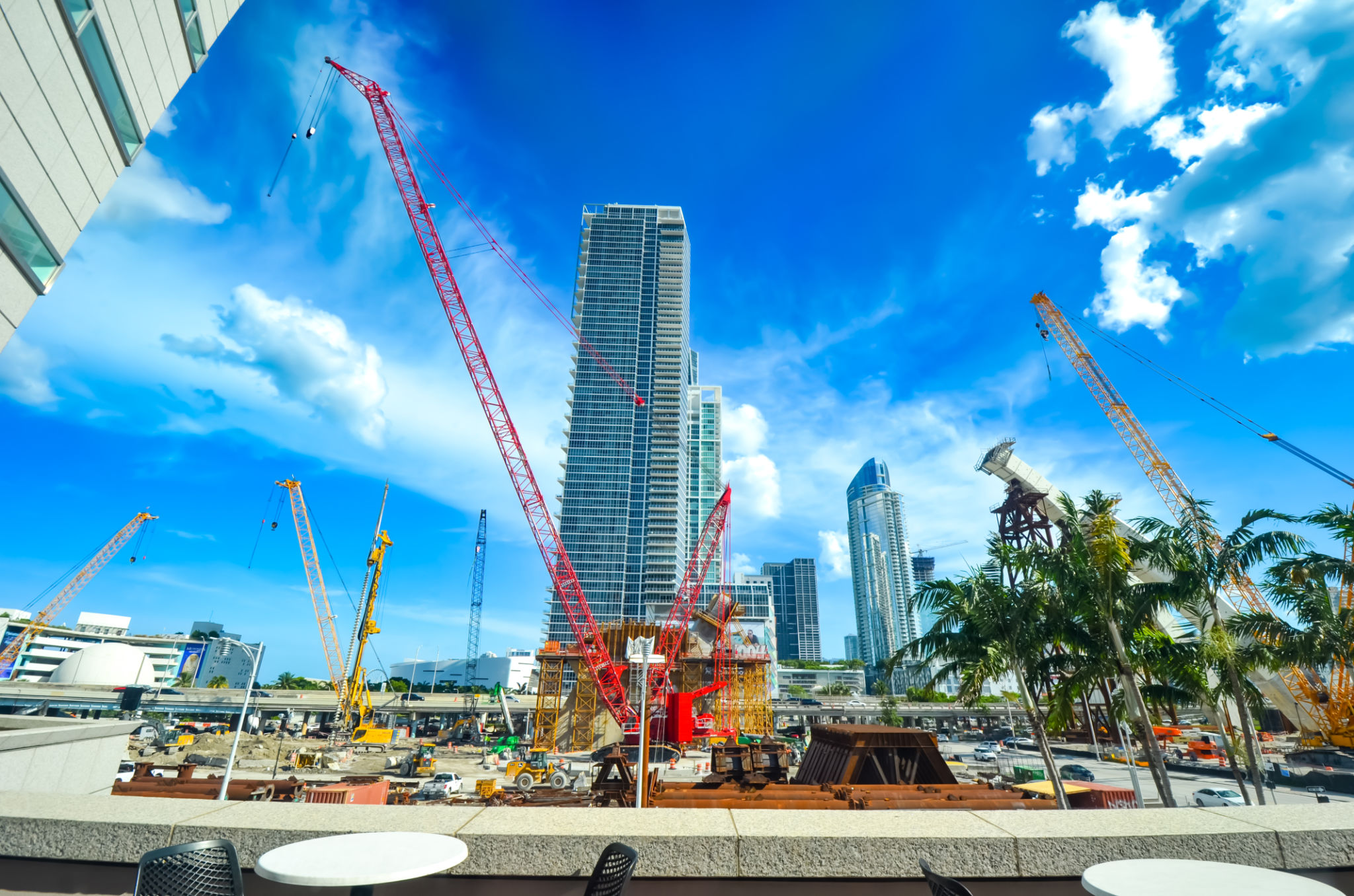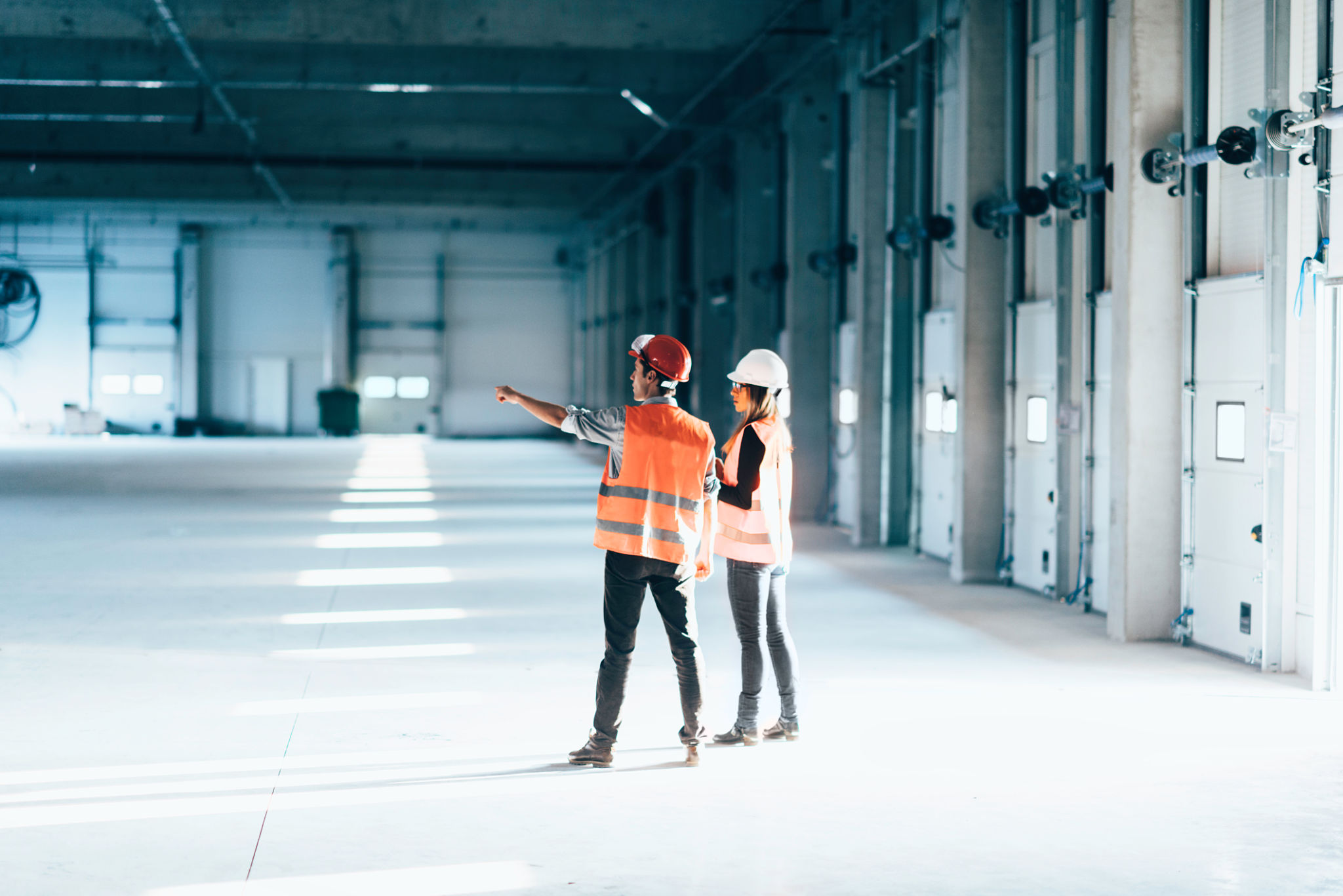Understanding Local Building Regulations in South Florida
Understanding Local Building Regulations
South Florida, with its vibrant cities and beautiful coastline, is an attractive location for new construction projects. However, before breaking ground, it's crucial to understand the local building regulations that govern construction in this region. These regulations are designed to ensure safety, environmental protection, and community well-being.

The Importance of Building Codes
Building codes in South Florida are rigorous due to the area's susceptibility to hurricanes and tropical storms. These codes set the standards for the design, construction, and maintenance of buildings to withstand extreme weather conditions. Compliance is not just a legal requirement but a critical measure for safety and longevity.
Local authorities enforce these codes to minimize damage during natural disasters. Builders and developers must ensure that their projects meet these standards to avoid penalties and ensure the safety of future occupants.
Key Regulatory Bodies
Several regulatory bodies oversee building regulations in South Florida. The most prominent among them is the Florida Building Commission, which develops and updates the Florida Building Code (FBC). This code is used statewide, but local jurisdictions may have additional requirements.
Other important entities include county and city building departments. They issue permits, conduct inspections, and ensure adherence to local amendments of the FBC. Working closely with these departments is essential for a smooth construction process.

Obtaining Building Permits
Before starting any construction project, obtaining a building permit is mandatory. This process involves submitting detailed plans that demonstrate compliance with all applicable codes. It's advisable to work with experienced architects or contractors familiar with the local regulatory landscape.
Permits are reviewed by local officials who evaluate the proposed plans for compliance with safety and zoning laws. Once approved, construction can proceed under the guidelines provided, with inspections at various stages to ensure ongoing compliance.
The Role of Zoning Laws
Zoning laws play a crucial role in the development of any area, dictating how land can be used across different zones such as residential, commercial, or industrial. In South Florida, these laws help protect neighborhoods from overdevelopment and maintain community aesthetics and functionality.
Understanding zoning laws is vital for any construction project. They can influence factors such as building height, density, and usage. Violating zoning laws can lead to costly delays and redesigns.

Environmental Considerations
Given South Florida's unique environment, building regulations also emphasize environmental protection. Developers must consider factors such as flood zones, coastal setbacks, and wildlife conservation areas. Compliance with environmental regulations ensures that new developments do not adversely impact the delicate ecosystem.
In many cases, projects may require additional permits related to environmental protection, such as stormwater management or wetland mitigation plans.
Conclusion
Navigating the complex landscape of local building regulations in South Florida requires diligence and expertise. By understanding these regulations and working with knowledgeable professionals, developers can ensure their projects are both compliant and successful. Staying informed and prepared is key to thriving in South Florida's dynamic construction environment.